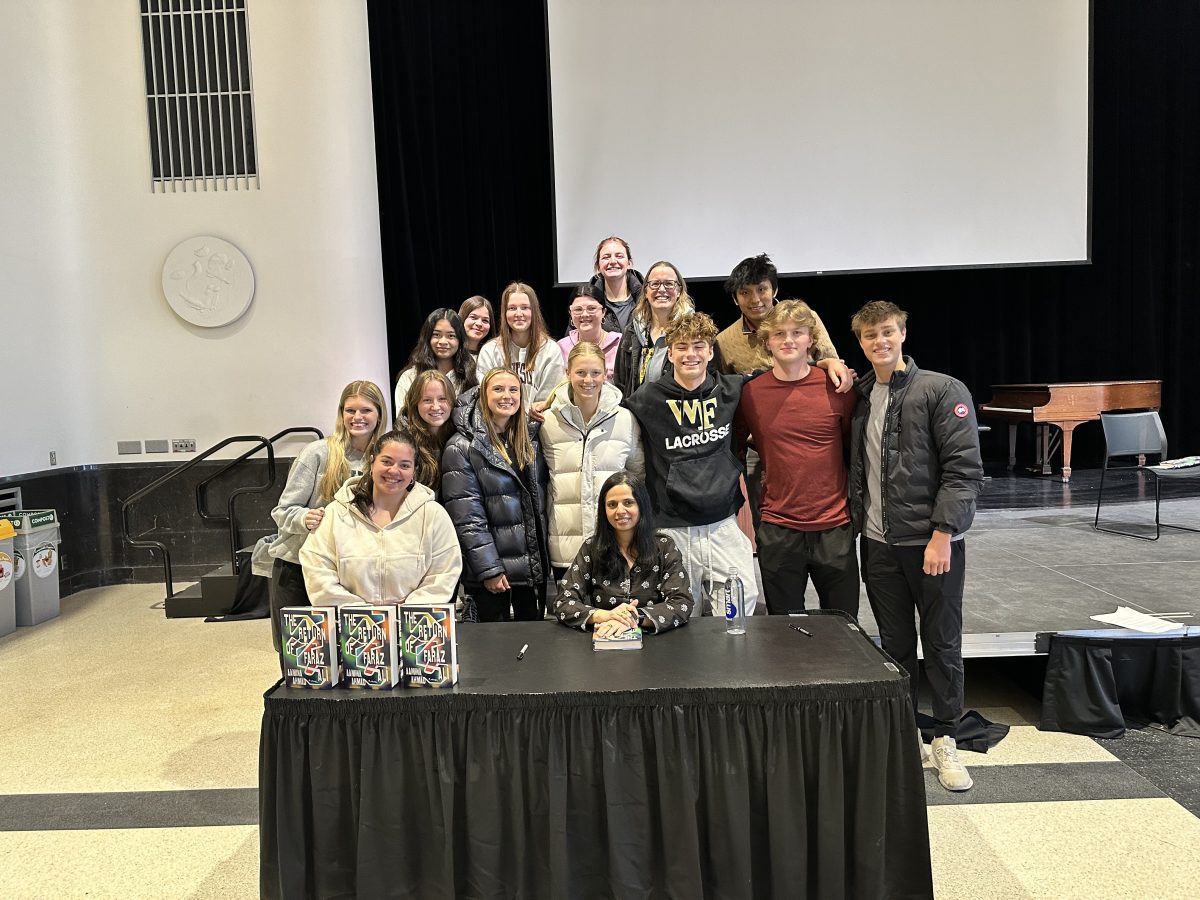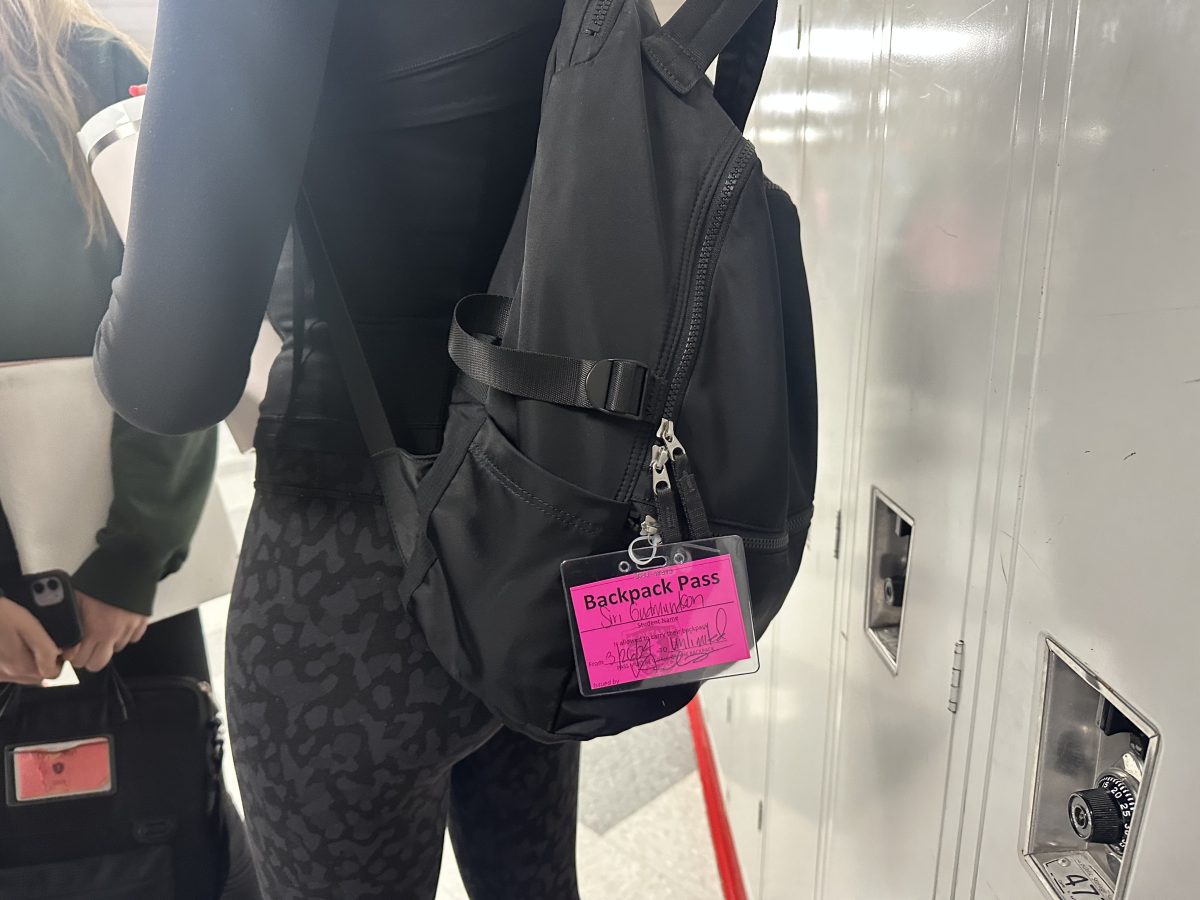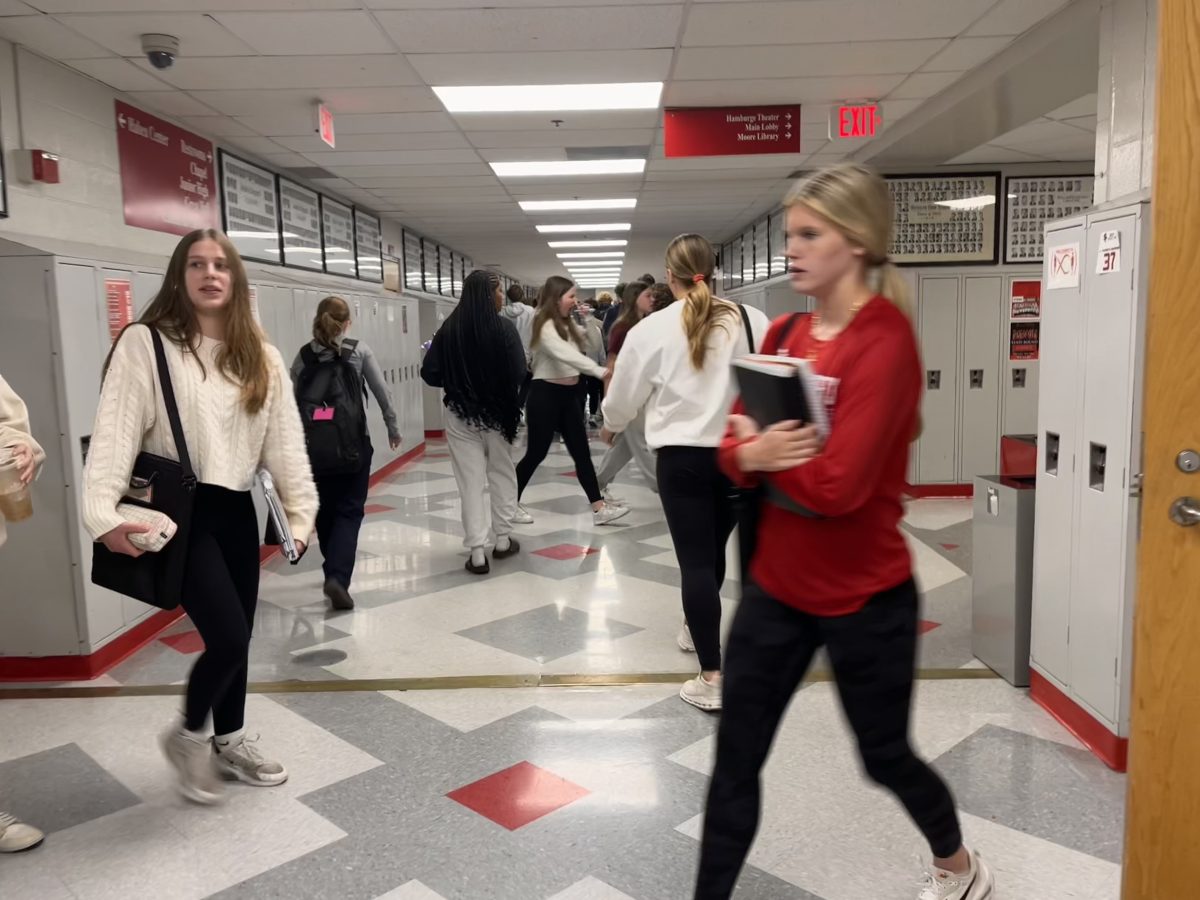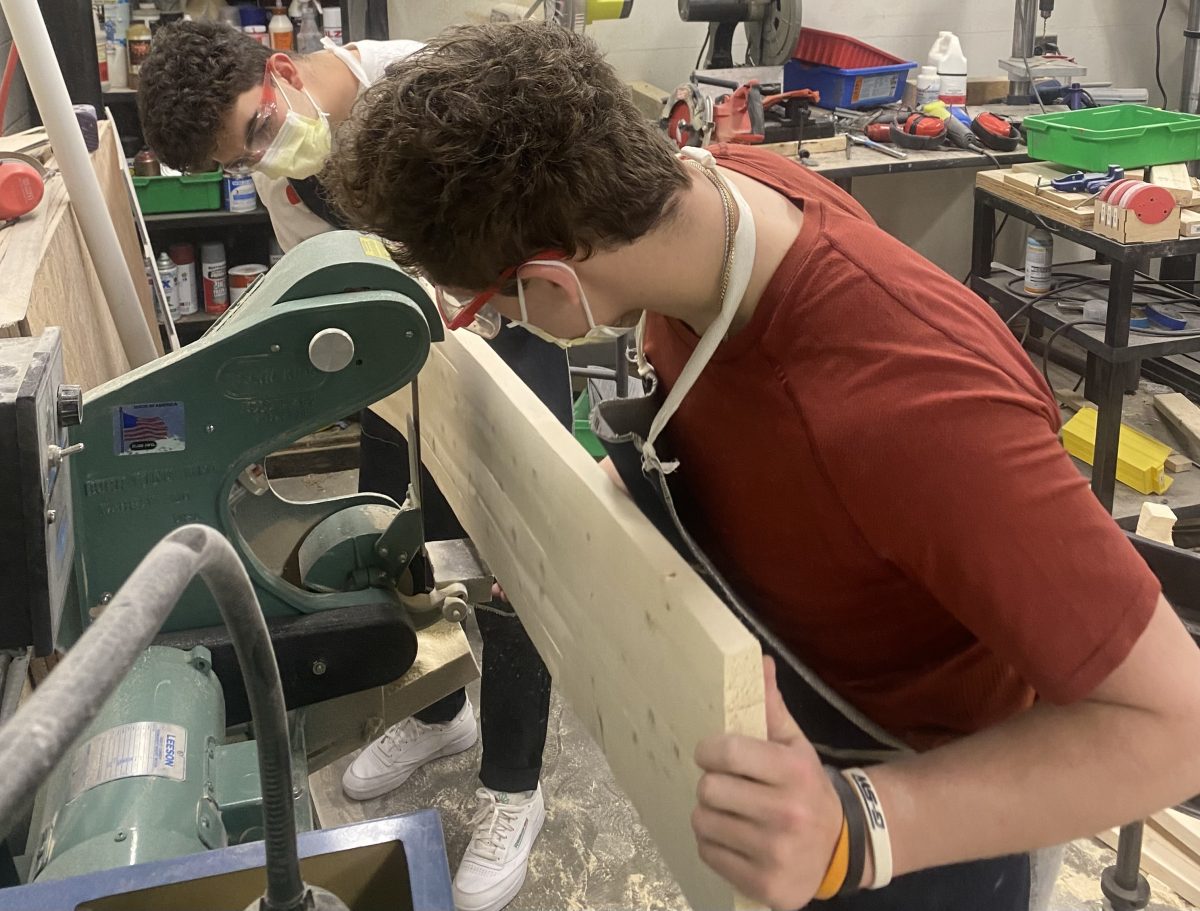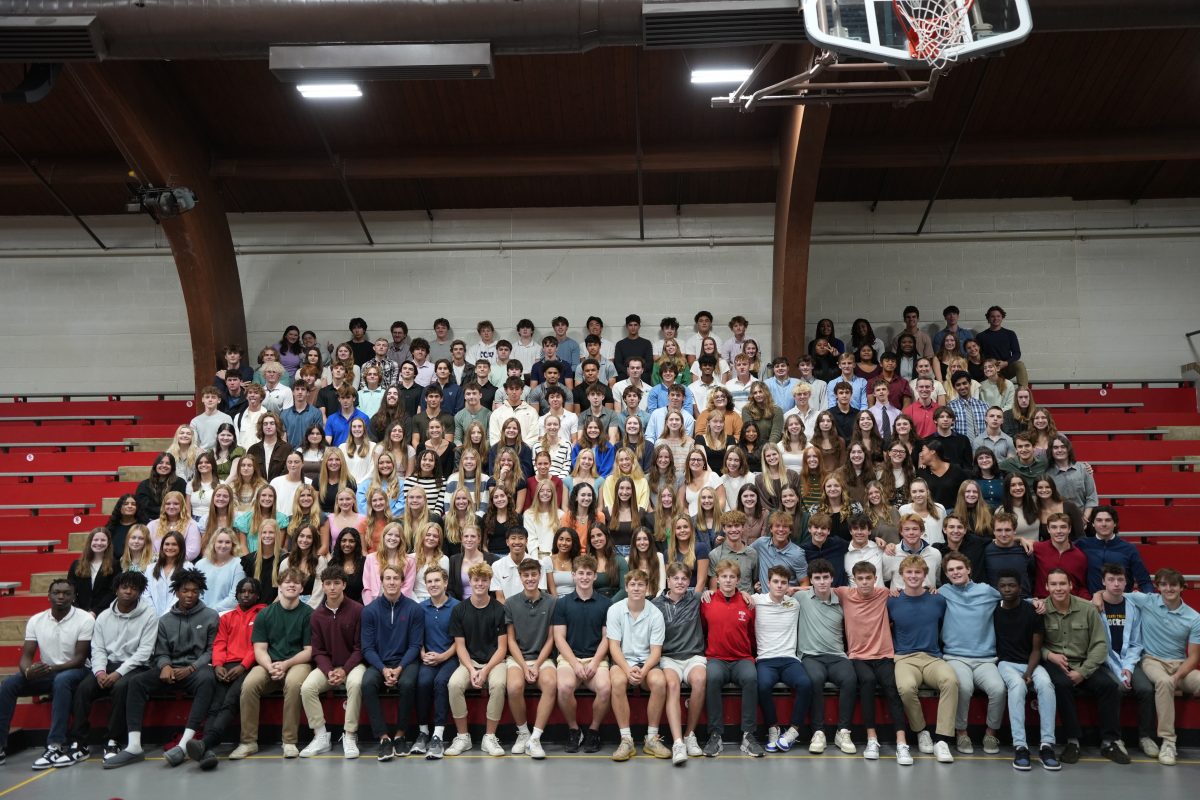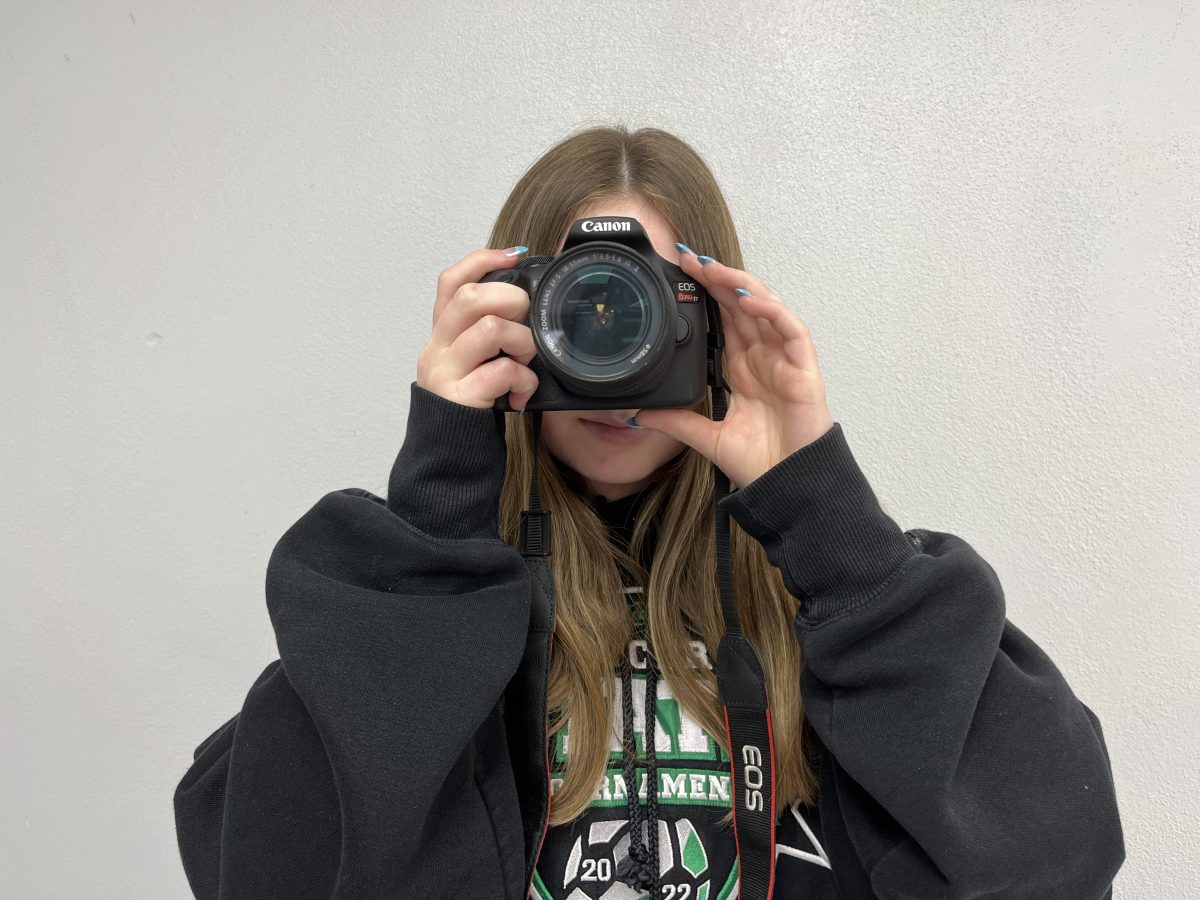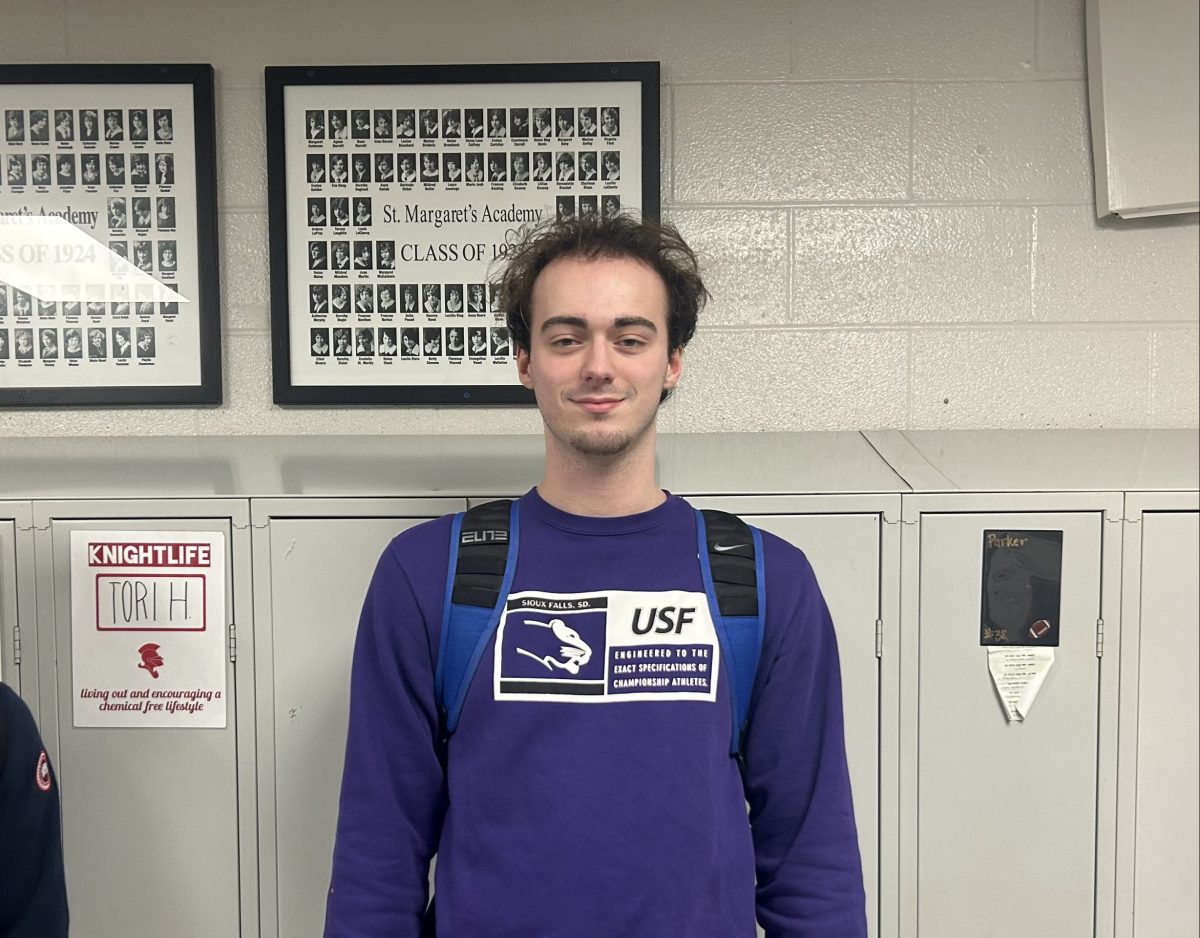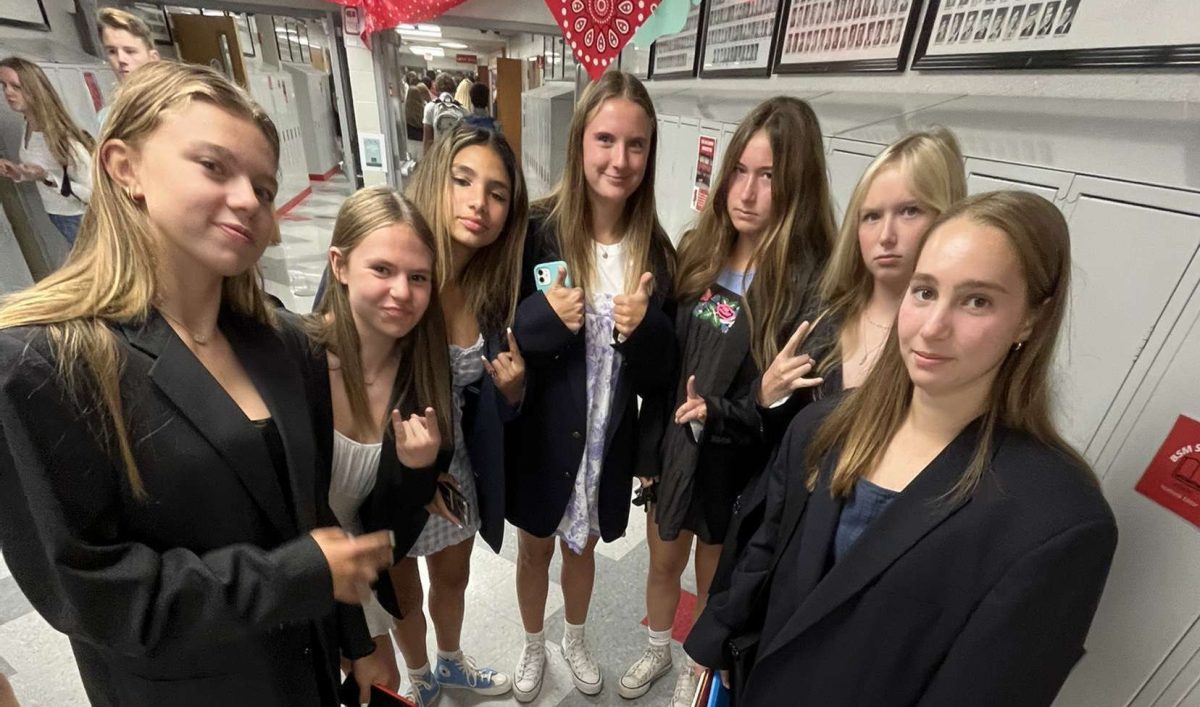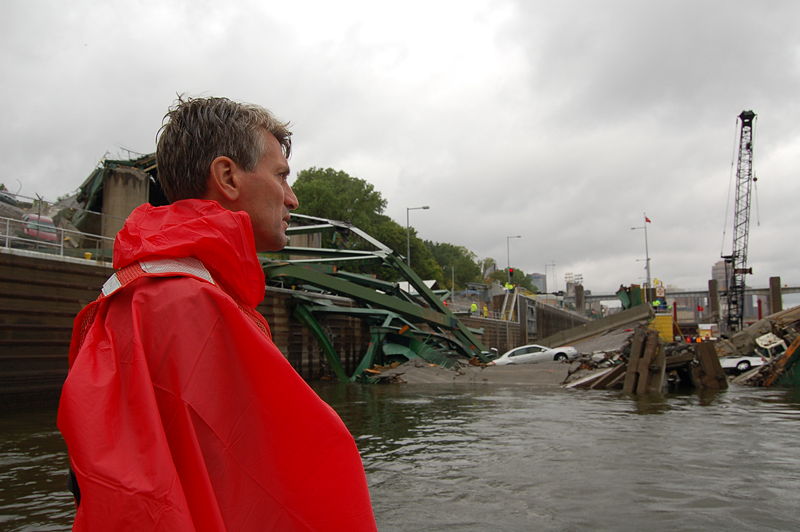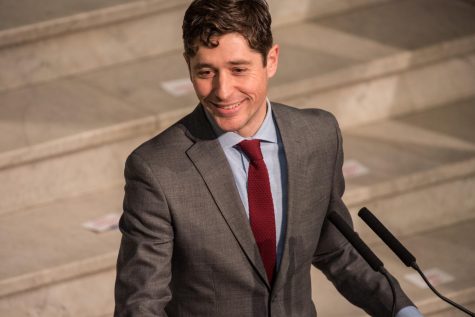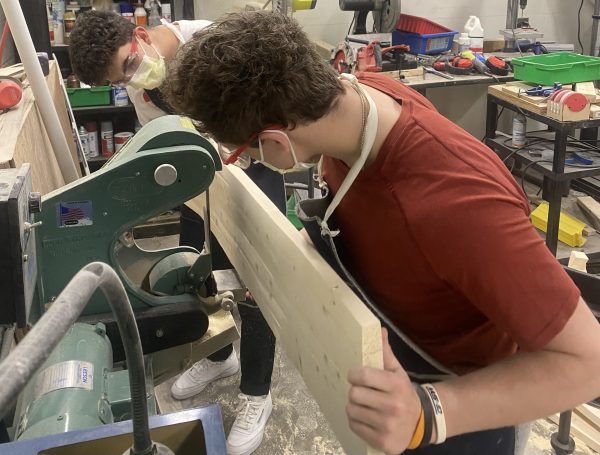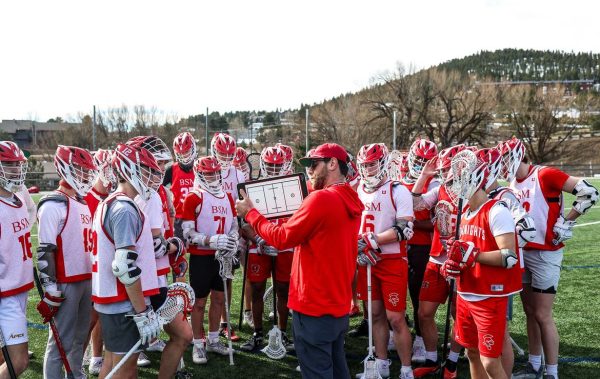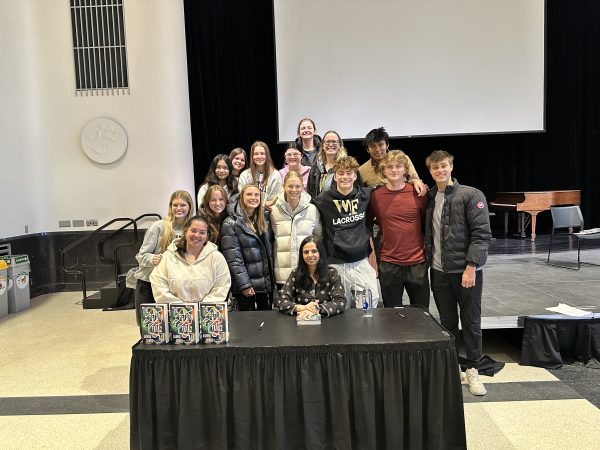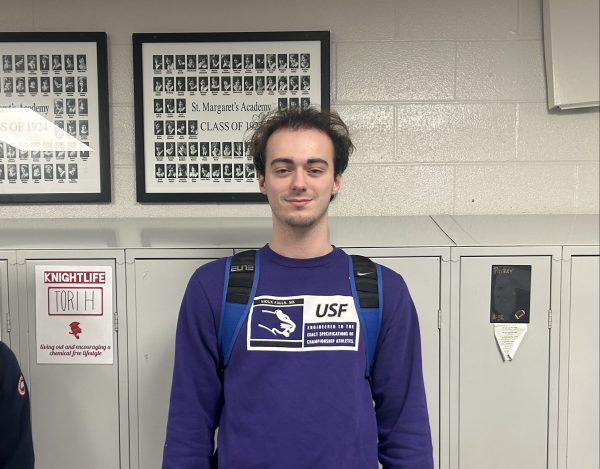Inside a conversation with R.T. Rybak
Kevin Rofidal, via Wikimedia Commons, Public Domain
R.T. Rybak, mayor from 2002 to 2014, faced many conflicts in his 12 years of work. For Rybak, one of the hardest things to be present for was the 2007 35-W bridge collapse.
Running for public office once is scary enough, now imagine running for public office three times. That is exactly what former Mayor of Minneapolis R.T. (Raymond Thomas) Rybak did. Now, working for the Minneapolis Foundation, Rybak reflects on his 12 years of serving Minneapolis as mayor.
Rybak had a fairly normal childhood. He went to school during the day and spent his time at his parents drugstore during the evening. But during this time, he decided he had wanted to become mayor of Minneapolis. “I lived in a middle class neighborhood, I went to Breck and my parents had a drugstore in the Phillips neighborhood of Minneapolis. That meant I spent the day with people whose families had a lot more money than mine and the evenings at the drugstore with families that had much less. It made me want to try and level the playing field,” Rybak said.
Rybak didn’t become mayor overnight, rather it took a long time. He started as a journalist for the Startribune. Even though he loved his job, he decided it wasn’t what he really wanted to do and moved on. In January 2002, he was sworn into office. “I love journalism but left it because I wanted to be more of a participant. So I did a lot of things between being a journalist and being mayor and I’m now doing a lot afterwards. I consider myself a civic person rather than a political one and believe I always would have done civic work,” Rybak said.
Considering himself as a civic person rather than a political person, Rybak worked on changing how people view the job of being mayor. He focused his duties on the people of Minneapolis and how he could uplift them and try to give everyone a place of equal opportunities. During his 12 years as mayor, he had dealt with the 35-W bridge collapse. There were many difficulties during this time, but the biggest for Rybak was being there for the people who experienced loss. “[The hardest part was] Being sincerely present for so many people going through trauma,” Rybak said.
I consider myself a civic person rather than a political one and believe I always would have done civic work.
— R.T. Rybak
Of course there are things Rybak wishes he had done differently during his time as mayor. “ [There are] About 1000 things. I especially wish we could have done more to improve police community relations, although we tried very hard,” Rybak said. Even though he wasn’t able to achieve every goal, he was able to steer the city in the right direction.
Even though he hasn’t been mayor for five years, Rybak still continues to work to benefit the people of Minneapolis. Currently, he works at the Minneapolis Foundation. The foundation has 1800 members who hold charitable accounts. The members work with the foundation to create things to benefit others. The mission of the company aligns very much with why Rybak wanted to be mayor: closing gaps. “It’s an incredible privilege to work with so many people who want to do good. I’m incredibly proud of how much good the foundation does every day but it’s not enough, we want to have more impact on more people, especially closing some unacceptable equity gaps,” Rybak said.
From being mayor for 12 years, to now working for the Minneapolis Foundation, Rybak has a lot of stories to tell. That’s why he wrote Pothole Confidential, a book about his time as mayor. In his book, he shows how a day as mayor can be a roller coaster of events. Rather than writing the story as a politician, Rybak wrote the story from a different approach. “I decided I could write it as a washed up politician or a washed up journalist. I chose journalist which made it more fun to write because I didn’t worry as much about making myself look good as much as telling the story as it really was. In the end, I wrote a story that paints me as an imperfect character, but is a very real view of what it’s really like. I loved writing the book, it seemed to just flow out of me,” Rybak said.
Writing the book as a washed up journalist, Rybak decided it was the perfect opportunity to really show how a mayor’s day is filled with high and low points. “In a job like mayor, you go from situations of humor to tragedy and back again in split seconds. When I wrote it, I wanted to reflect the ups and down, the funny, the tragic and I just let it all come out together,” Rybak said.
Not every Mayor of Minneapolis has had the same policies or same views, but there’s one thing they all can agree on: the love they have for the city. “ [What I love about Minneapolis is] Everything. I especially love that the most beautiful places – our lakes and creeks and river – are surrounded by common ground where everyone can enjoy them. In most places the prettiest spots are owned by the wealthiest people. Everybody gets to swim in Minneapolis lakes, “ Rybak said.
Rybak’s 12 years as mayor allowed him to work towards his goal of closing inequality in the city and caused him to see moments of trauma and joy in a matter of minutes. His three terms in office allowed him to see where the city thrives and where it needs work.

